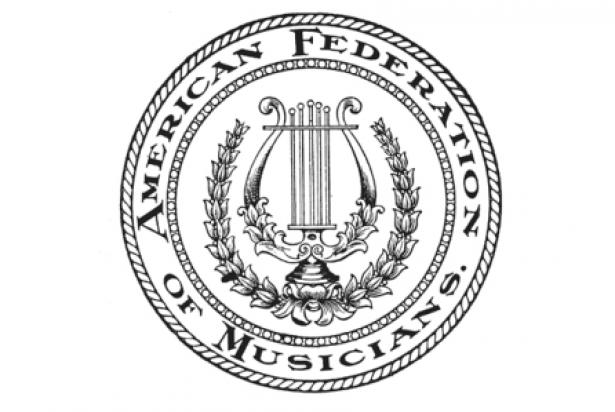Negotiations between the American Federation of Musicians and the major studios and producers, represented by the Alliance of Motion Picture and Television Producers, have ended in frustration for the AFM. The musicians union had been seeking to achieve streaming residuals, which above-the-line unions representing directors, actors and writers have enjoyed in their collective bargaining agreements since 2014, but it was unsuccessful.
Instead, after just three days of bargaining that began March 13, the AFM on Monday agreed to a contract extension through Nov. 14, coupled with a two percent increase in scale minimums.
"Musicians who work in the television, film and sound recording industries have always participated in traditional media revenue streams that continue to enrich those who exploit our music long after we create it," said AFM president Ray Hair. "The new media streaming proposals offered by the film studios in the current round of negotiations were not a fair bargain and were unacceptable."
The AFM’s inability to gain residual terms for so-called high-budget subscription video on demand (high-budget SVOD) is in marked contrast to the experiences of the DGA, SAG-AFTRA and the WGA, which have had such residuals for the past five years — or at least six, as the 2013-premieringHouse of Cards was produced for Netflix under one-off contracts that included residuals provisions, according to sources, even before the collective bargaining agreements mandated streaming residuals. Those were achieved in the 2013-2014 negotiating cycle for union agreements commencing in 2014 and enhanced for 2017 and beyond.
Even IATSE obtained some streaming residuals in 2015, albeit only under extremely limited circumstances (and payable, as with all IATSE residuals, to the union’s pension and/or health plans, not to individual members). But the IA was unsuccessful in a 2018 attempt to achieve a share comparable to that of the above-the-line unions.
The AFM likewise was unable to surmount the hurdle. "Management was unwilling to accept or negotiate over our most important proposals," said AFM Local 47 (Los Angeles) in a statement.
Things were different in the union’s heyday under the then-legendary and feared James Petrillo, who maintained a wartime strike for more than two years during 1942-44, in defiance even of a War Labor Board order and a telegrammed appeal from President Franklin D. Roosevelt.
But the union’s power eroded over the decades, not only because of internecine fights but also due to technology such as synthesizer hardware (and later software) that can replace live players and developments in air travel and telecom that made it feasible to record in far-flung locations offering lower labor costs.
The AFM isn’t giving up, though. Musicians’ residuals for film, television and commercials amount to $100 million or so, just a fraction of the industry’s estimated $3 billion annual total in entertainment (about $2.2 billion) and commercials, but without contractual changes, even that amount is threatened as production shifts to streaming platforms.
That shift, to platforms that don’t pay residuals or pay less than traditional platforms, is referred to by some as deresidualization and it’s a word — if it is a word — that haunts entertainment union leaders. Said Hair, "We will continue our discussions with the film industry in November toward fairness in new media for our members and their families."
For more on this subject, visit THR‘s labor page.


Spread the word